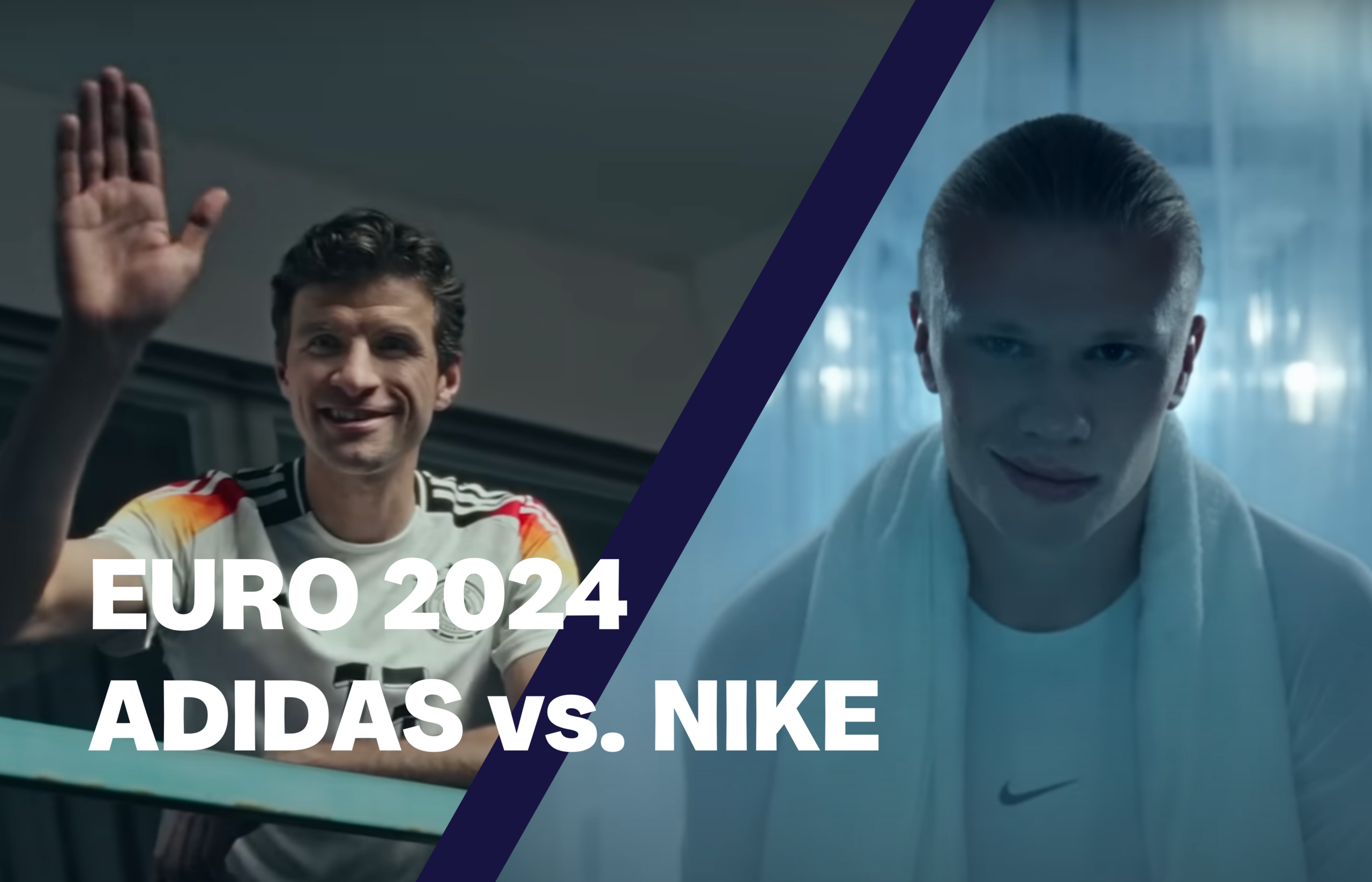Yes He Can: Barack Obama’s Storytelling
was thinking that this job was just about getting the policy right. And that’s important. But the nature of this office is also to tell a story to the American people that gives them a sense of unity and purpose and optimism, especially during tough times”, he stated in 2012. His story-fueled speeches have touched many people.
We are also excited about Obamas stories, so we took a closer look at some of his best moments. A retrospective view:
1. “This is Your Victory”: Obama’s Victory Speech in 2008
Ann Nixon Cooper from Atlanta, 106 years of age – Obama tells us about a woman who has experienced the progress and regression of a century of American history. She was born shortly after the end of slavery, when she as a black woman was not allowed to vote due to her sex and skin color. Obama reminds us of the big events that occurred in the last 100 years and tells us the story of a single voter – a small piece of the great picture.
Why we love his stories: Obama takes a backseat and turns the voter into the true hero of the story. He talks about real people and their lives. These catch the audience, make him look authentic and most of all trigger emotion. He does not make his electoral victory his personal success, but a collective progress à la Yes WE Can. Of course, Jon Favreau played a role, since he was Obama’s speech writer at that time. Favreau is not only convinced of Obama’s skill as a speaker but also believes in five key features for successful speaking and storytelling: a message, the story around it, the conciseness of a speech, knowledge about the audience, and big emotions.
2. “Four More Years”: Storytelling in 13 Characters
Three words and a simple picture: Obama is celebrating his second electoral victory together with his followers on twitter. Employing a rather simple twitter post “Four more years.“, the then freshly re-elected president set a new record on twitter: more than 500,000 users shared his tweet immediately (roughly 950,000 retweets until today). That way, Obama made it to number one of the most popular tweets that were ever sent via the microblogging channel.
Why we love his stories: Short and on point in 140 characters: Barack Obama knows how personal branding works. With a clear message, strategically striking words and underlined by the picture with first lady Michelle, the post catches the reader’s attention. The whole election campaign is summed up in an easy way and means yet so much: solidarity, hope, unshakable confidence, pride and great relief. Obama’s preceding post “This happened because of you. Thank you.“ demonstrates again that he does not see himself in the role of the hero but in the role of a mentor. We say: Storytelling at its finest.
3. Faces of Change: The ObamaCare Campaign
Largely disputed, dragged apart by republicans and finally successful (so far): The Affordable Care Act a.k.a. ObamaCare, that should become the most important political project of his term. The aim of this reform was to provide more Americans with an affordable health insurance. With success: today roughly nine out of ten Americans have an insurance. In order to achieve this, Obama made use of storytelling as well: single fates, stories, and people were introduced who stressed the meaning of the campaign. A story that sticks to your memory was told by Emily Schlichting, who is suffering from a seldom disease. “The thing about health is that while you have it, you don’t think about it – you don’t have to,” she says in a video on HealthCare.gov. “But when you don’t have it anymore, it becomes the only thing that matters.”
Why we love his stories: You don’t only need to know what you are talking about, but also to whom. Knowing the audience, putting yourself in its place and also knowing counterarguments against your own story and intergrating them into your tale is important. Taking worries and fears into account when talking about health is not just a voluntary thing but essential in order to cause a change in thinking.
4. “Slow Jam the News” Edition Obama
Be it Jimmy Kimmel or Jimmy Fallon, be it “Mean Tweets“ or “Slow Jam the News“ – Obama always seems to be on for a good joke. Making fun with songs, sketches and TV appearances, he does not only entertain Americans but also the worldwide social media community.
Why we love his stories: A striking punch line, a good joke – using humor, a speaker stays in mind. Being a personal-branding expert Obama surely knows that. Be it staged, rehearsed or strategically planned: Obama manages to remain authentic. Hardly any top politician has dared to make appearances in late-night shows. Obama does not take himself too serious and manages to show a part of his private self. A sense of humor thereby becomes a good storytelling tool.
5. Fired Up! Ready to Go?
“One voice can change a room, and if one voice can change a room, then it can change a city, and if it can change a city, it can change a state, and if it change a state, it can change a nation, and if it can change a nation, it can change the world. Your voice can change the world.” Obama explains how the slogan „Fired up! Ready to go?“ from the campaign in 2008 developed and how he got inspired by Edith Child, a politician from South Carolina. In the same speech he held this year in November he called for voting Hillary Clinton and the democrats.
Why we love his stories: Interesting news, nice stories or little anecdotes: Everyone likes to hear a good story. Obama uses this once more and makes single people the heroes of his presidency. With his speech he manages to excite the audience which even starts to chant. A good example for well-placed live storytelling.
Share this article









